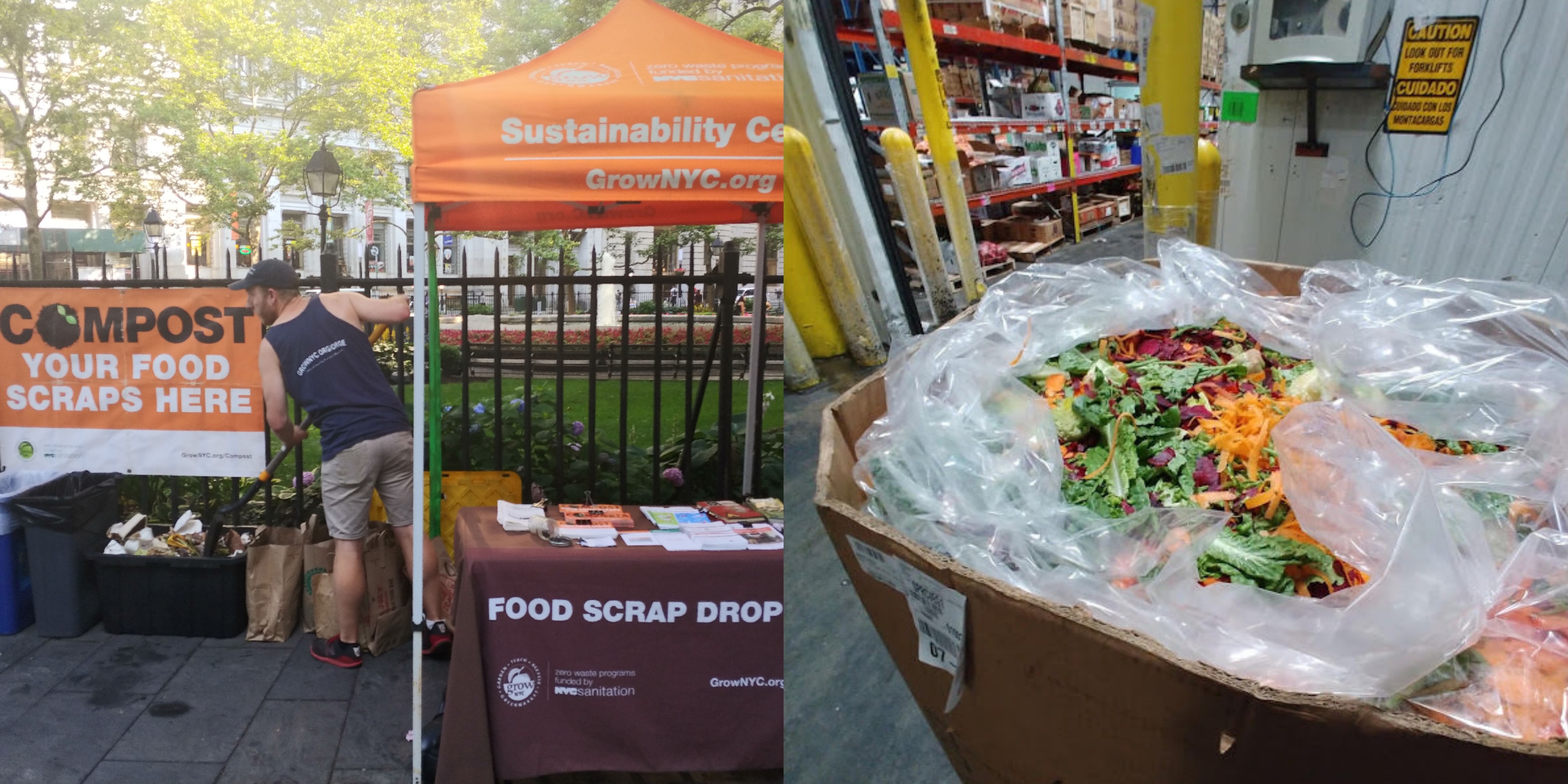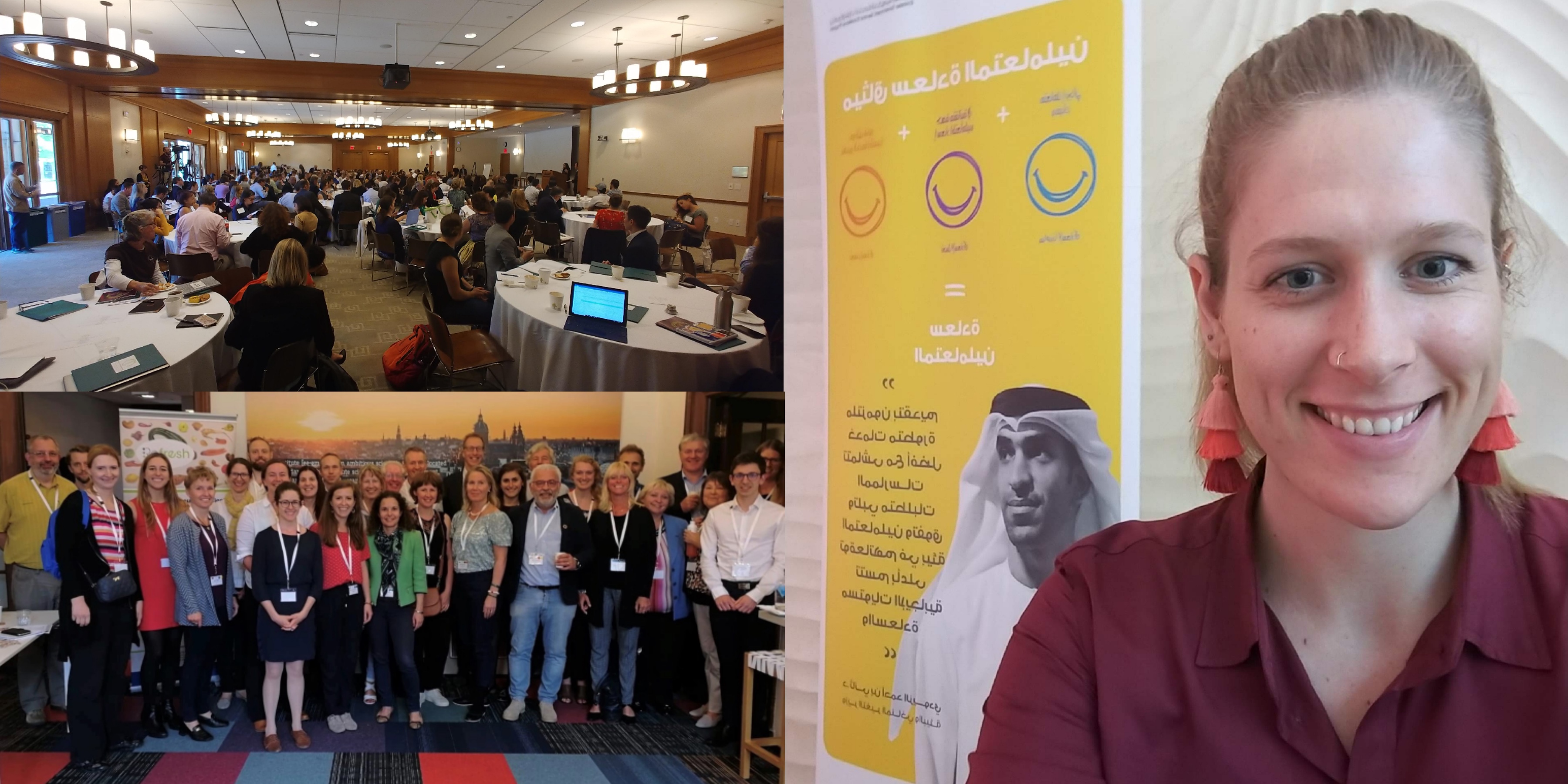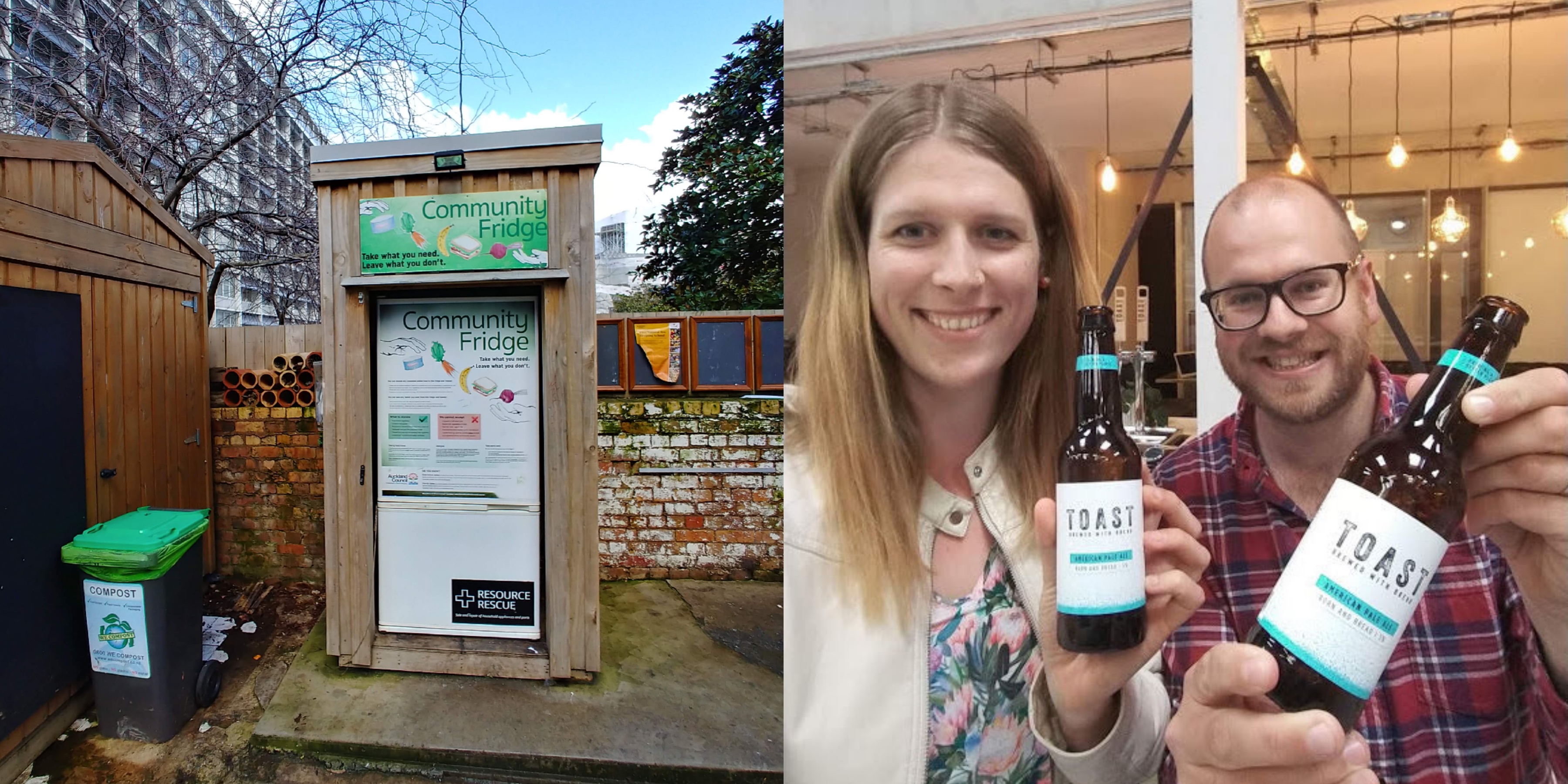2017 Churchill Fellow Sarah May’s Fellowship set out to research international models for reducing food waste. Sarah shared with us her Fellowship experience and what she has planned going forward.
Everyone wastes food. But is there more we could be doing to reduce food waste from paddock to plate? When you think about this problem at a global scale, the impacts are alarming. Globally, about one third of the food we produce goes wasted, yet hundreds of millions of people are undernourished. If food waste were a country, it would rank third behind the US and China in terms of greenhouse gas emissions. Wasting food represents an opportunity cost – it not only costs money, but also resources to produce the food (water, fertiliser, labour, transport, packaging, refrigeration etc.). Surely it follows that there should be global action on food waste.
The United Nations thought so too. In 2015, all 193 Member States of the UN General Assembly ratified the Sustainable Development Goals, which along with a series of targets and indicators, set out how the world should chart a sustainable path towards 2030. One of the targets (SDG 12.3) was to halve food waste at the retail and consumer level by 2030 and reduce food losses along the food value chain including post-harvest losses. Australia integrated this target into national policy in 2017. For my Fellowship I was keen to hear first-hand from the governments and organisations leading the charge on food waste policy overseas and bring back recommendations that could help ensure Australia achieves its target, and leverages the learnings of other countries along the way.

Over an 8 week period, I travelled to the United Arab Emirates (Dubai and Abu Dhabi), United Kingdom (Edinburgh, Stirling and London), Netherlands (Amsterdam), Denmark (Copenhagen), United States (Boston, New York City and Washington D.C.) and lastly to New Zealand (Auckland and Wellington). I chose these locations as most are considered global frontrunners when it comes to acting on food waste. Over the course of trip, I met with over 30 organisations, including many national and local governments. I also met with NGOs, entrepreneurs, industry organisations and some inspiring researchers. It was extremely energising to be in the company of so many people driving action on an issue I care so deeply about.
It became clear to me that despite a very strong business case for systemic action to address food waste throughout the food value chain – progress remains very fragmented. That said, some countries, cities and companies are doing an excellent job at driving change, and it is lessons from these leaders that have informed the recommendations in my report.
While I was away I blogged and gave regular updates via LinkedIn and Twitter, which was an amazing way to keep in touch with people following my journey, and also build new connections. Some of my LinkedIn posts had over 4,000 views! The networks I have built on the Fellowship have been incredible, and the ability to stay connected with so many motivated people has helped maintain my momentum since returning.
While impossible to distil my experience into a short piece like this, a few highlights of the trip would most definitely include:
- Meeting and sharing a beer with the CEO (or ‘Chief Toaster’) Rob Wilson. Toast Ale makes beer from surplus bread and in doing so reduces food waste, raises awareness of the problem and all profits are driven back into social enterprise. Rob was also a UK Churchill Fellowship recipient – it’s a small world!
- Attending a workshop on food waste voluntary agreements run by the EU REFRESH research programme, despite Australia not being an EU REFRESH member. Here I met delegates from across the EU who are all working in their own countries to implement tangible food waste reduction policies.
- Attending the second ever US Food Waste Summit at Harvard University, and meeting (and becoming good friends with) another Aussie food waste fanatic
- Heading out on a food waste collection run around Edinburgh with Keenan Recycling, and learning about how they collect food waste from businesses around the city and recycle the food into renewable energy.
- Going to the United Nations High Level Political Forum on Sustainable Development as a guest of the Australian delegation, where progress towards Sustainable Development Goal 12 (Sustainable Consumption and Production) was discussed.

Since returning I am already putting my insights into action. I have been able to present to the Department of the Environment and Energy, which leads on food waste policy in Australia – and also share my findings with the organisations that are driving this work forward. I have also presented at a Zero C02 event in Canberra, delivered a lecture to an ANU business class and spoken on the radio. I have participated in a food waste pilot led by the Australian Futures Project, and been invited as one of less than 35 people globally to make a written submission to the New Zealand Environment Select Committee’s Targeted Briefing on food waste. All things I could never have dreamed of! I also presented on opportunities for food waste policy in Australia at the biggest national waste conference of the year alongside the friend I met at the US Food Waste Summit – how’s that for full circle!
In addition I have also become the Secretary of the ACT Churchill Fellows Association, and recently returned from attending a fantastic national conference in Hobart. Being part of the ACT Committee has been a great way to stay connected with the Trust and other Fellows and I have had the privilege of mentoring a number of prospective applicants for the next round of Fellowships.
It’s no exaggeration to say that the Churchill Fellowship changed my life. It has given me enormous confidence and I’m excited about the opportunities that have come my way as a result. I can’t wait to see where it takes me.
